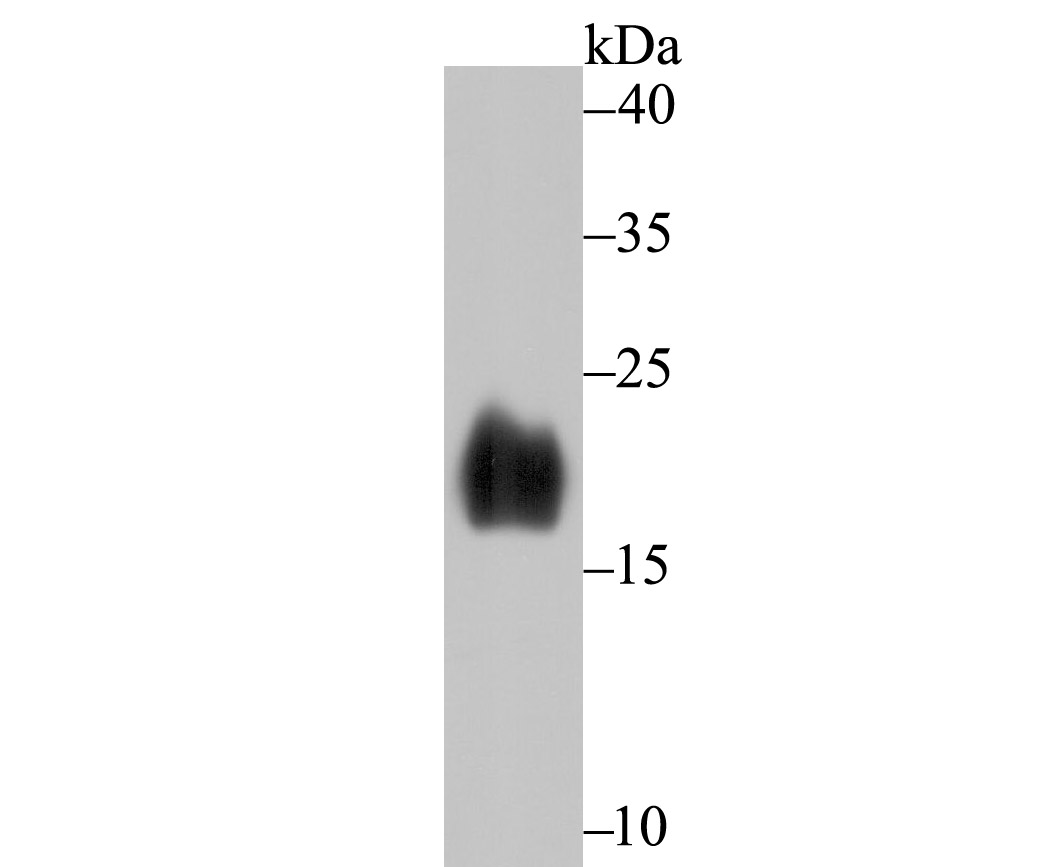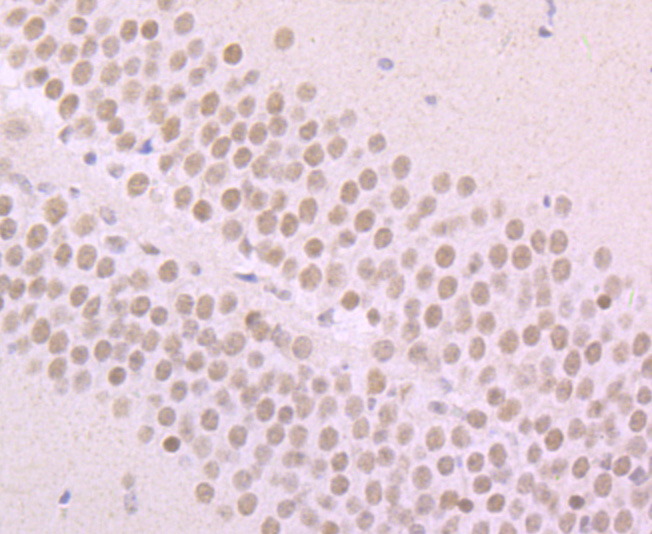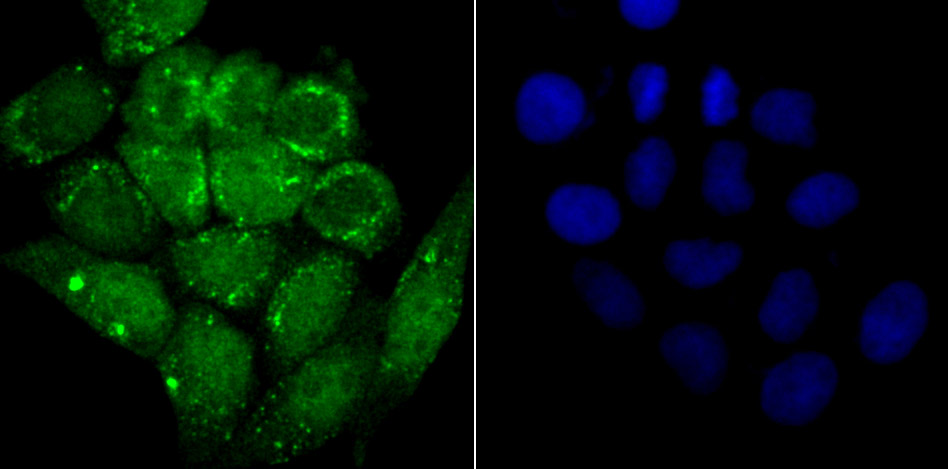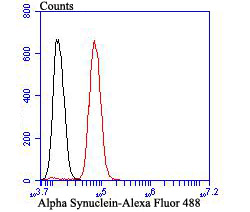The synuclein family members, including α-synuclein (also designated NACP for non-β-Amyloid component) and β-synuclein, are predominantly expressed in the brain and are speculated to be involved in synaptic regulation and neuronal plasticity. α-synuclein is localized to neuronal cell bodies and synapses. α-synuclein was first identified as a component of Alzheimer's disease amyloid plaques. Abnormal platelet function in Alzheimer's disease has been demonstrated. During megakaryocytic differentiation α-synuclein has been found to be upregulated, while β-synuclein is downregulated, indicating that coordinate expression of synucleins may be important during hematopoetic cell differentiation. A mutant form of α-synuclein has been found in patients with early onset Parkinson's disease.




